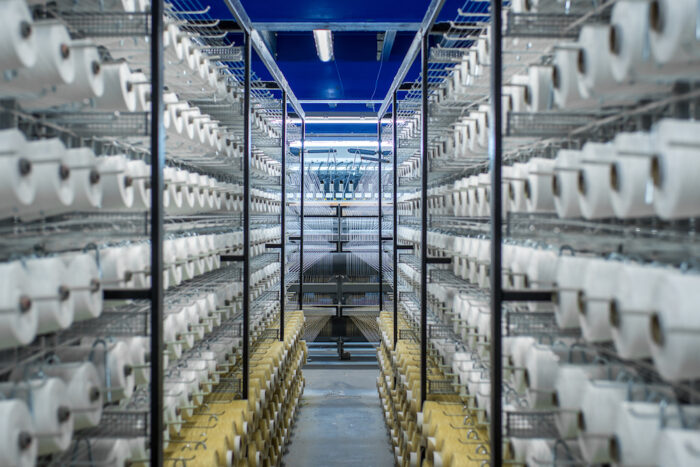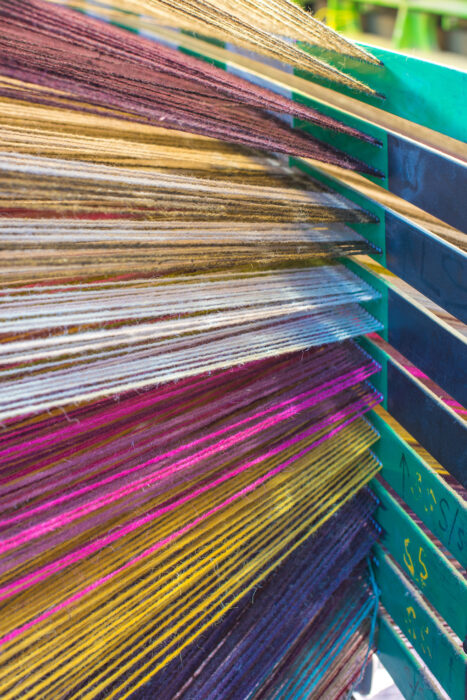Healthy carpets, healthy world, healthy you
Although a small part of the equation in any building, we recognise the importance of carpets, and therefore our responsibility in a building’s role in sustainability, health and well-being.
As soon as a guest enters your clubhouse, the interior design makes a major contribution to the ambience, but the sense of comfort, welcome and relaxation that the guests enjoy is not simply aesthetic, but has other advantages too. We intuitively know that natural fibres help to foster a healthier environment. These benefits range from reducing ambient noise to trapping dirt and particles in the pile, where they can be safely vacuumed up, rather than smooth flooring options where dirt and particles are made airborne and ingestible through sweeping. They are also great at controlling relative humidity – the ability to absorb and release moisture, making for a more balanced atmosphere.

They are also an environmentally sensible option, and while we’ll be the first to admit there are still areas in which we can improve, we’re proud of the product we produce and our commitment to increase our positive impact the built and natural environment.
First, we use a high proportion of wool from British sheep; our clients are walking around on wool that has been grown on the pastureland of this fair isle. Using sheep raised in this country is not only using a sustainable material, but it also supports British farmers and the countryside and open spaces they manage.
That beautiful wool is then spun into yarn. The industry gold –standard for commercial yarn is 80 percent wool, 20 percent nylon, which gives the optimum blend of underfoot comfort and durability. The nylon element, is troublesome environmentally, so our New Product Development Team is investigating the practicality of 100 percent wool carpets. The challenge is balancing the environmental benefit of not using nylon, which offers three times the lifespan versus the reduced longevity of 100 percent wool, meaning carpets need to be replaced more frequently and there is more waste. It’s the quick win v life-cycle costs argument which we’re working on.
We send 100 percent of our post-manufacturing yarn waste to a local firm who make underlay from it, which we then recommend to our customers meaning we manufacture the carpet in this country, and support the manufacture of the underlay, reducing carpet miles.
We’re 14001 certified, meaning we’ve met the criteria for an international environmental management system. We’ve also tested to BREEAM requirements so our carpets, as part of a fit out or refurbishment scheme can support the building’s ambition to be BREEAM certified.

We’ve made quite big strides to achieve the national and international standards for environmental accreditation but we’re also open about the fact there are always areas in which we can improve. Our environmental policy is evolving as we seek to reduce our carbon footprint and contribute to a sustainable future.
Get in touch if you’d like to know more about our environmental strategy or the carpets we produce.















Let me tell You a sad story ! There are no comments yet, but You can be first one to comment this article.
Write a comment